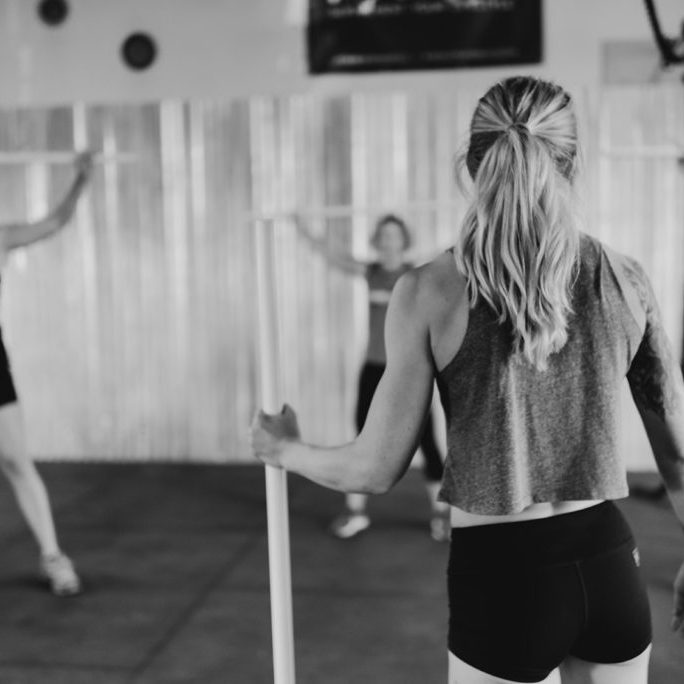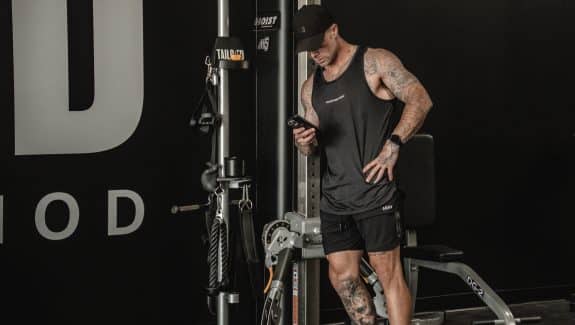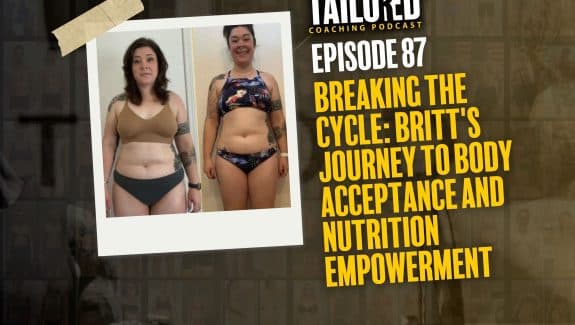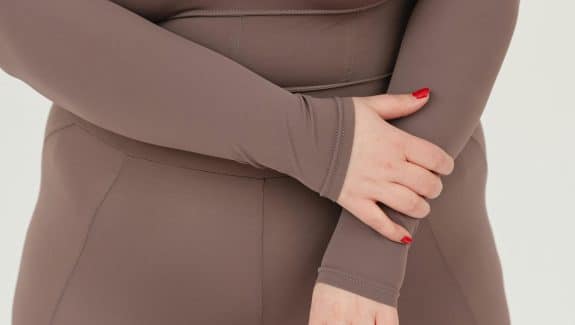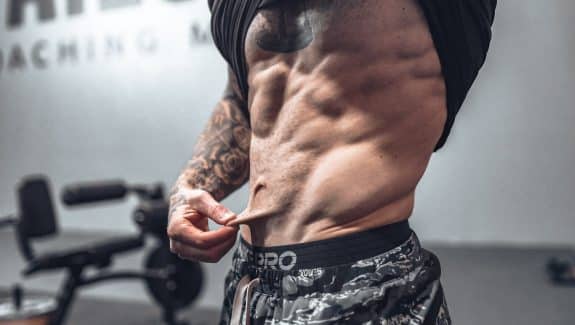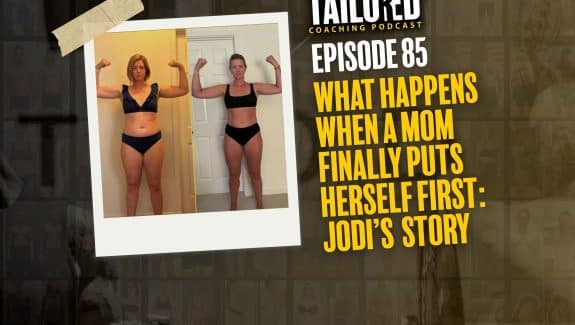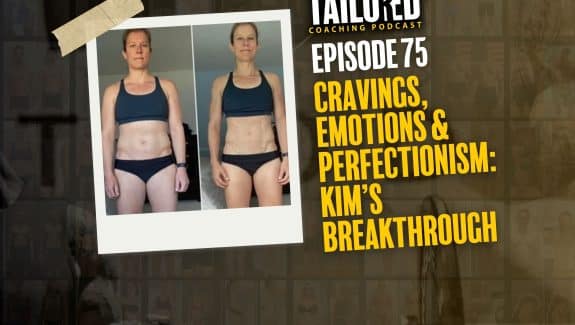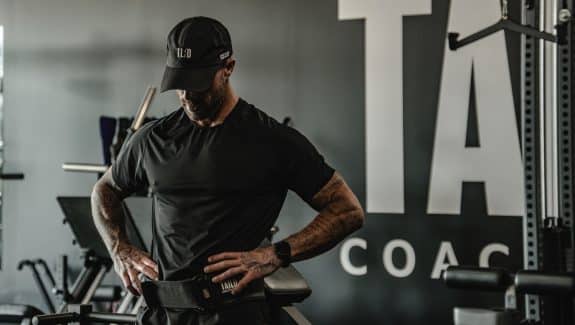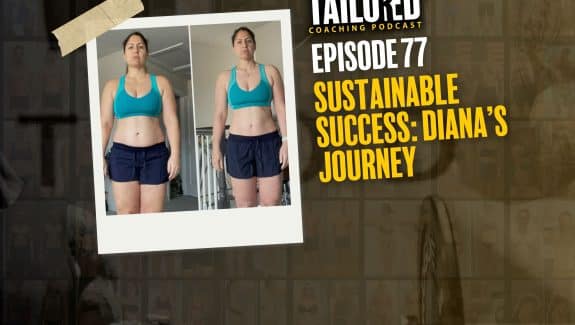Do you workout fasted or are you one of those people who absolutely has to eat before you train?
What about post-workout? Do you make time to consume carbohydrates after you train?
Are these and your other nutrition strategies preparing you to test your fitness in the Open?
Most athletes in the competitive fitness space are gearing up right now for what will be the most demanding period of their year, the Open. The schedule for the Open is broken down as:
Week 1 – Thursday, Feb. 21st – Monday, Feb. 25th
Week 2 – Thursday, Feb. 28th – Monday, Mar. 4th
Week 3 – Thursday, Mar. 7th – Monday, Mar. 11th
Week 4 – Thursday, Mar. 14h – Monday, Mar. 18th
Week 5 – Thursday, Mar. 21st – Monday, Mar. 25th
For those competing, now is the time to make sure your macros are dialed in to fuel workouts and manage recovery so you can truly go all in on performance.
Your nutrition strategy for the Open should include nutrient timing to ensure you are properly fueled for whatever Castro throws at us and so you can recover before next week’s challenge. What to eat pre- and post-workout is something I discuss with all of my clients focusing on workout performance and can give you an edge on the competition.
For many people, nutrient timing doesn’t ever come into play as part of their nutrition protocol. The majority of “dieting” individuals need to focus on eating whole foods, getting adequate sleep and hydration, and implementing enough exercise before nutrient timing would have much effect. However, for advanced athletes, when to eat your meals becomes almost as important as what to eat.
Nutrition Protocols for the Open

During the Open, the specific demands from that week’s workout, as well as an athlete’s ability, can help determine the amount of food needed. For example, heavy, strength-focused workouts would require a full meal and some fats beforehand, while an athlete might want to do a gymnastics-focused workout fasted, first thing in the morning.
For a gymnastics-focused workout, you want to be as light as possible. We recommend eating no additional food (above your macro recommendations) the night before a gymnastics workout and attempting the workout fasted, if this is something you have practiced and are comfortable with. In this scenario, you may want to consume BCAAs/EAAs pre-workout and have liquid carbs to sip on. Always be sure to consume post-workout carbohydrates.
If the workout is hard, heavy, and fast (i.e. “Diane” or Open workout 18.4), extra carb intake the night before is a must. This type of workout should not be done fasted because you want to actually be slightly over-fueled for an intense strength workout like this. Your pre-workout meal should still be protein and carbohydrate only, but consume some fats earlier in the day to provide additional energy. We would also recommend having an extra scoop of quick digesting carbohydrates post-workout as well as additional carbohydrates later that night to aid in recovery.
Managing inflammation during this period of competition should be another priority for athletes. One way to fight inflammation is with food quality. It might not be possible to get all of your carbs from whole food sources and zero sugar, but at least be aware of food quality to help flush some inflammation. To further manage inflammation, include other recovery modalities you enjoy such as soft tissue work, stretching, ice, or massage.
Avoid any new supplements during the Open or any competition period. Athletes know their body and should not experiment with new foods or supplements right before their competition period.
Pre-Workout Nutrition
Pre-workout includes the timeframe of about three hours to 30 minutes before your training session. The primary purpose of your pre-workout meal is to fuel your training. Consuming carbohydrates pre-workout to top off your glycogen stores will allow for high intensity output and will also support muscle contraction.
Follow the below guidelines for how to structure your pre-workout nutrition:
- One to two hours before your workout eat a meal with protein and carbs, little to no fat. Fats slow digestion and you don’t want to feel overly full when you have to pick up the barbell.
- Be conscious of meal size. Having a meal that is too large pre-workout will not be digested quickly and can lead to discomfort or nausea. On the other hand, eating a meal that is too small will leave you insufficiently fueled for you workout.
- Choose quick, easily digestible carbs like rice and potatoes. I wouldn’t recommend drinking your food pre-workout because liquids are digested within 30 – 60 minutes. If you are going to have a carbohydrate drink, it’s best to use it as intra-workout fuel, not as a pre-workout meal.
Post-Workout Nutrition
The goal of your post-workout meal is to calm the stress response from training, kick start the recovery process, and avoid a catabolic state. Your body is very insulin sensitive post-workout and is primed to use carbohydrates to replenish glycogen, not storing any as body fat.
In previous years, it was a popular opinion that you had to consume protein and carbs immediately post workout or else sacrifice all muscle growth. With better research methods today, we know that’s not exactly true. You do need to consume protein and carbohydrates after your training session to prevent a catabolic state, but the post-workout window is larger than previously assumed. Recent studies show muscles to be most sensitive to resynthesis within three hours after training. Therefore, we recommend consuming quick digesting carbs and protein upon completion of training, no later than three hours post-training, to reap the anabolic benefits.
For the average person, one serving of each (25g protein + 25g carbs) at minimum should be consumed post-workout, two servings for larger athletes. Our recommendations for post-workout carb sources include highly branched cyclic dextrin, ALLiN formulations, or dextrose-based products. We recommend avoiding fats in your post-workout meal to prevent delayed digestion and any GI upset.
If you are done training and have time to eat a solid meal after your workout, consume easily digestible protein and carbohydrates such as chicken, egg whites, rice, and potatoes. Starches are preferred over fruits as a post-workout carb source because of how our bodies digest fructose. Both starches and fruits spike insulin and blunt cortisol, helping to shift into the parasympathetic nervous system, but fruits are predominantly sugars that will be stored in the liver and therefore have less of an effect on muscle glycogen, recovery, and insulin.
Training Fasted
Working out fasted requires its own nutrient timing. Some people prefer how they feel when training fasted and mindset is everything so if that’s you – keep doing it! Oxygen consumption feels easier for some people training for a specific energy system in a fasted state. Additionally, some studies have shown cardio in a fasted state to be beneficial for fat loss.
If you are doing a gymnastics workout or a training session where it would benefit you to be lighter (i.e. 30 muscle ups for time), working out fasted would be a good choice. However, if you are doing a strength-focused workout, it’s best to be fully fueled beforehand. Experiment with fasted workouts during your training to see what feels best for you.
If you prefer to train fasted, we recommend consuming BCAAs or EAAs pre-workout and also sipping on liquid carbs during your workout. Your post-workout nutrition will be even more important after a fasted, high intensity workout. Be sure to consume liquid protein and carbs immediately post-workout.
Do you need intra-workout carbohydrates?
Intra-workout carbs are not always necessary and use is typically dependent on duration and intensity of exercise.
Consuming carbohydrates during your workout can be very helpful for long duration workouts (greater than 60 minutes). In a long event, like rowing a marathon, and during a day of competition with multiple events (high volume and intensity), intra-workout carbs can help provide additional energy and urge your body to continue using the carbohydrates as fuel instead of storing and conserving energy.
But for an average training session that’s less than an hour, you probably don’t need intra-workout carbs. If you are continuously getting your carbohydrates in throughout your meals, your glycogen stores should be full enough to fuel one training session (depending on your level of intensity).
It’s important to note that we are all different, have different digestive sensitivities, and tolerate meal sizes and timing differently. Work with a coach you trust to find what nutrient timing works best for you to help take your training sessions to the next level.
—
Is your goal to reach your personal best athletic performance? Want more information about nutrition protocols to fuel competitive fitness? That’s exactly what we break down in my upcoming Ebook, The Performance Nutrition Manual.
This ebook launches Monday, January 21st… BE READY!


